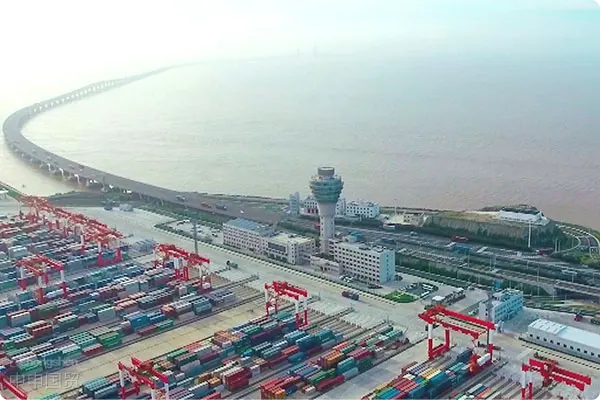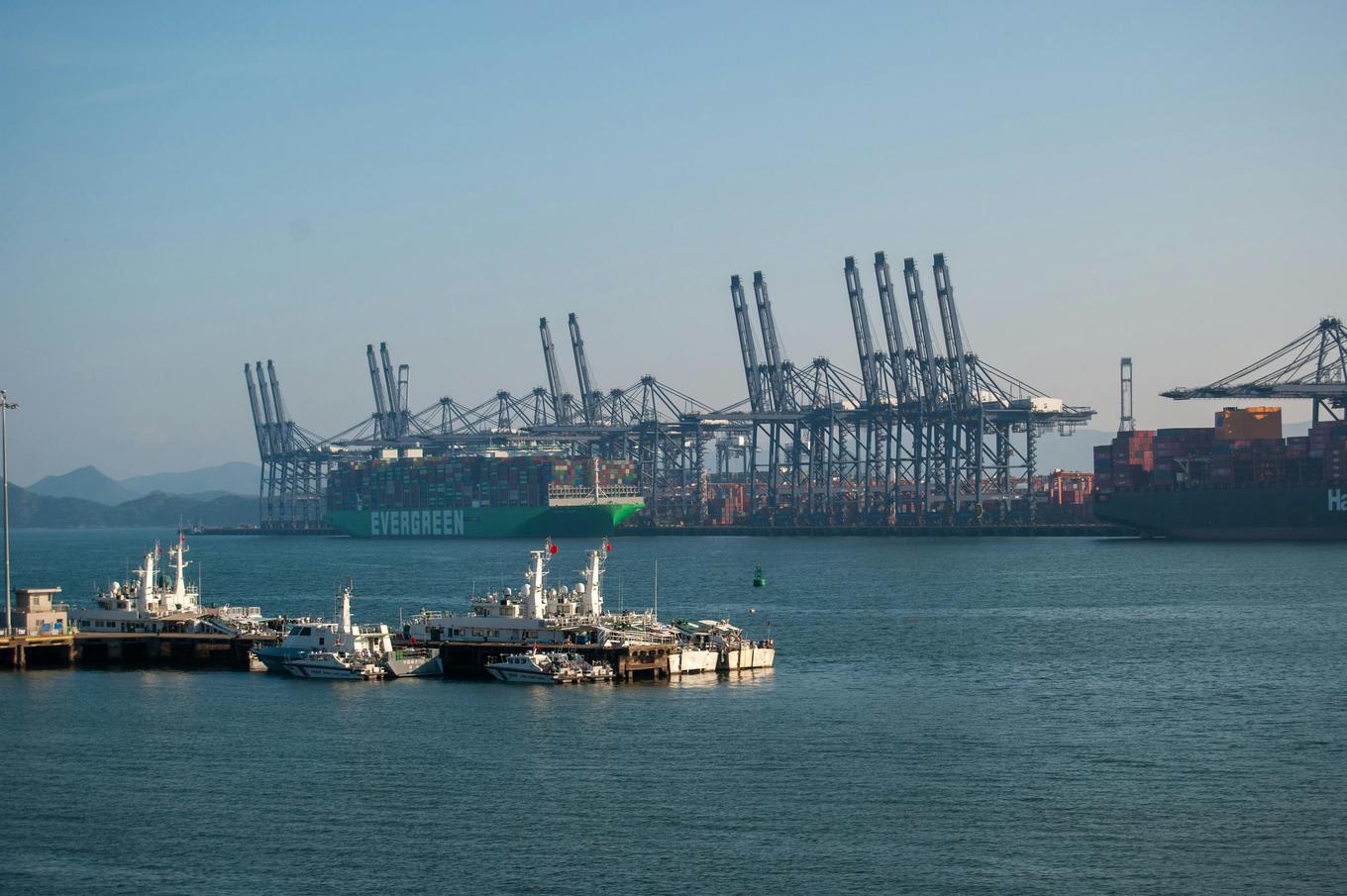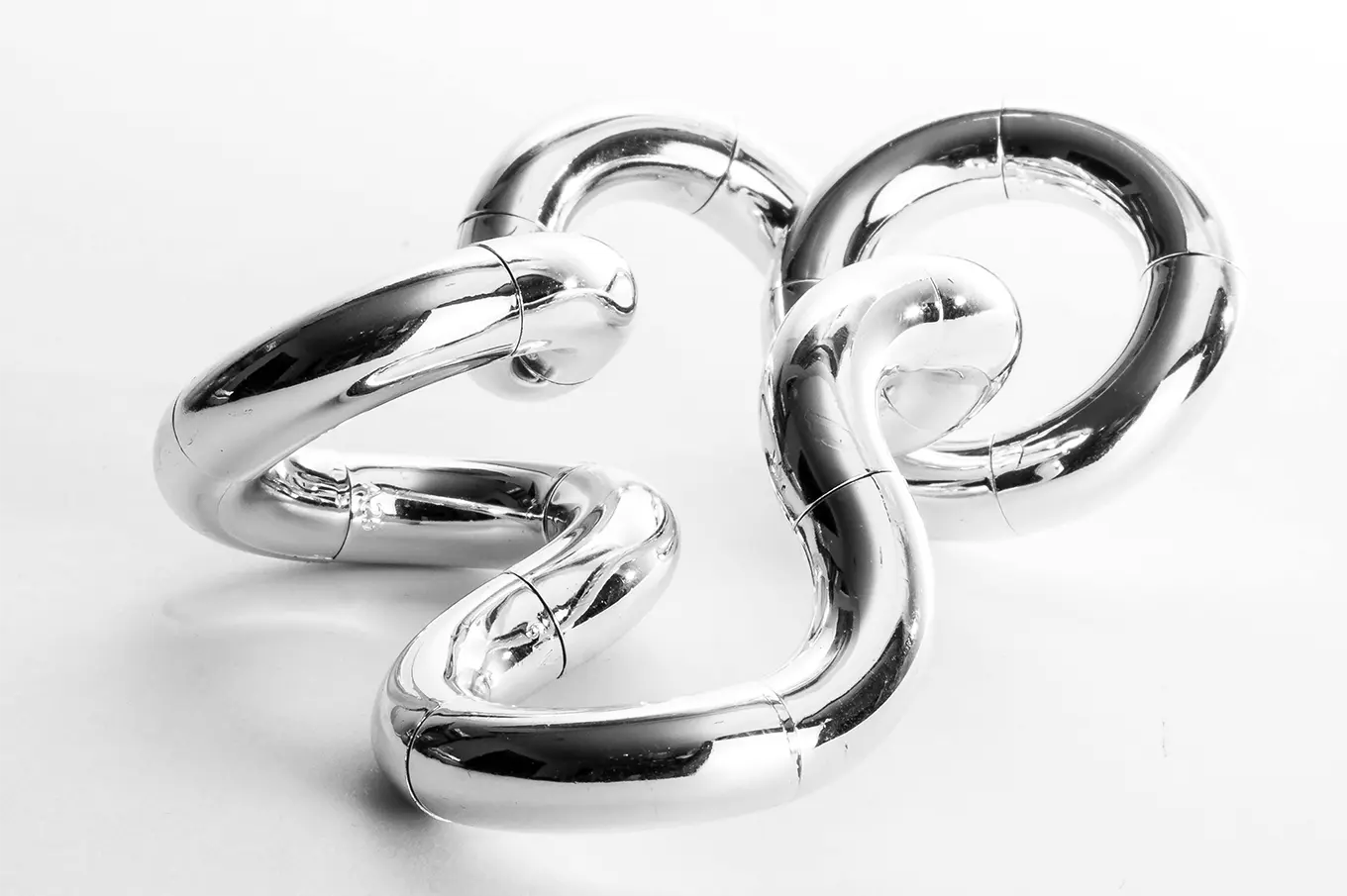- Shanghai Zhongshen International Trade Co., Ltd. - Two decades of trade agency expertise.
- Service Hotline: 139 1787 2118

The Three Major Technical Barriers Faced by Import Packaging Equipment
The global smart packaging equipment market is expected to exceed $68 billion in 2025, but the practical challenges faced by domestic importers continue to escalate. According to the General Administration of Customs mechanical and electrical product classification database, there are 12 different HS code variants for pillow-type packaging machines alone. The core value of professional agency services lies in resolving the following three major pain points:
- Mechanical and Electrical Classification Disputes: The tariff difference for modular equipment component split declarations can reach 17.3%
- Special Transportation Requirements: Laser cutting components must meet IPPC wood packaging certification standards
- Compliance Certification Maze: The cross-application of the EU CE certifications Machinery Directive and Low Voltage Directive
Four-tier protection system of professional agency services
High-quality agency service providers should establish a full-chain risk control mechanism. AInternational Logisticscompany successfully reduced its clients return rate from 8.7% to 0.9% after the implementation of the 2025 revised Mechanical and Electrical Product Import Management Measures, with its core capabilities reflected in:
- Pre-classification system: Equipped with an HS CODE intelligent matching engine to accurately identify customs classification directories
- Technical document restructuring: Reorganize equipment technical parameter documentation package according to target country requirements
- Dynamic compliance monitoring: Real-time tracking of access policies for mechanical and electrical products in 21 major trading countries
- Emergency response mechanism: Complete supplementary testing for Japan JIS certification within 72 hours
Equipment ImportsFull-process key node control
Taking the import case of a German fully automatic canning line as an example, professional agents need to establish control points at the following stages:
- Supplier qualification review stage
- Verify authenticity of EU machinery safety certification file numbers
- Confirm validity period of equipment electromagnetic compatibility test reports
- Transportation plan formulation phase
- Calculation of shockproof packaging parameters for precision servo motors
- Select transportation service providers with TAPA certification
- Customs declaration phase
- Apply pre-classification ruling system to determine tariff rates
- Prepare complete certificate of origin documents
2025 agency service provider selection criteria
Three essential characteristics of premium agency services:
- Possesses AEO Advanced Certification qualification
- Establish specialized customs clearance teams for mechanical and electrical products at major ports
- Maintain case database of successfully handled similar equipment
A food machinery importer, through professional agency services, not only reduced overall customs clearance time to 48 hours but also saved 11.2% of import costs using FTA preferential tariffs. This confirms that in the increasingly complex field of packaging equipment imports, choosing professional agents with technical decoding capabilities has become an inevitable choice for enterprises to control risks and improve efficiency.
Related Recommendations
? 2025. All Rights Reserved. Shanghai ICP No. 2023007705-2  PSB Record: Shanghai No.31011502009912
PSB Record: Shanghai No.31011502009912










